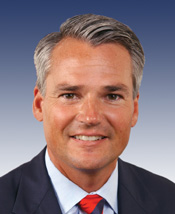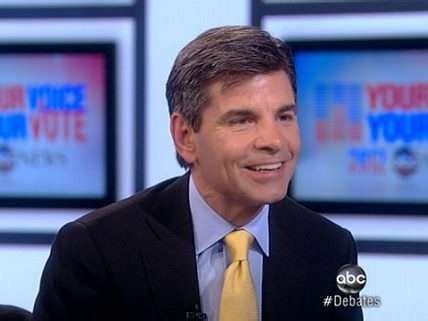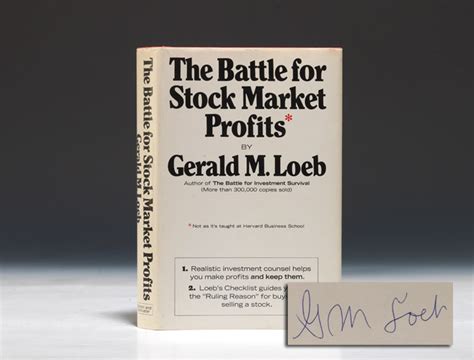A Quote by Charles Hugh Smith
The problems of the global economy are not based in perception, but in the reality of prices, balance sheets and income statements, vast concentrations of wealth and power, precarious systemic imbalances, ruthless exploitation, and command economies mismanaged by Central State/Bank policy and manipulation.
Related Quotes
Global central banks are working hard to lift their economies through an aggressively easy monetary policy. The ECB [European Central Bank] and BOJ [Bank of Japan] are buying tens of billions of bonds and other financial securities each month in an effort to stimulate their economies, which is pushing down rates everywhere, including in the U.S.
In the words of Louis Brandeis, the Supreme Court justice, we have a choice between a democracy or vast concentrations of wealth. We have vast concentrations of wealth which has bought its way into our democracy with its political leaders who exemplify the merger of that economic and political elite.
The problems of 2008 were never cured. The Federal Reserve's solution to the crisis was to lend the economy enough money to borrow its way out of debt. It thought that if it could subsidize banks lending homeowners enough money to buy houses from people who are defaulting, then the bank balance sheets would end up okay.
There is no such thing as agflation. Rising commodity prices, or increases in any prices, do not cause inflation. Inflation is what causes prices to rise. Of course, in market economies, prices for individual goods and services rise and fall based on changes in supply and demand, but it is only through inflation that prices rise in aggregate.





































